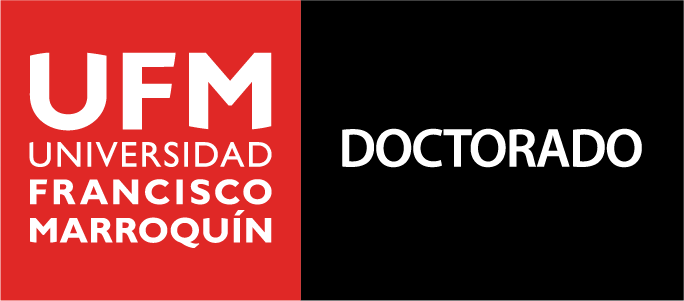Leonardo Ravier (Buenos Aires, 1976) has a doctorate in Psychology from Universidad Autónoma de Madrid (UAM) and in Economic Sciences from Rey Juan Carlos University (URJC). Official Master’s Degree in Economics from the Austrian School (URJC), PEDG (Executive Program in General Business Management) from Universidad Europea de Madrid (UEM) and Image and Sound Designer from the University of Buenos Aires (UBA).
Visiting university professor, pioneer of coaching, international speaker, entrepreneur and author of several books, including “General Theory of Coaching” (2021), “Self-management. How to implement organizational self-management using the Canvas Model” (2020), “Non-directive coaching. Methodology and practice” (2016), “Economic history of entrepreneurship. Towards a praxeological theory of the firm” (2016) or “Art and science of coaching. Its history, philosophy and essence” (2005).
Founder of the Eo ipso Center, facilitator incubator, professional certifier, and proposals auditor within the disciplines of coaching and self-management.
His field of action and specialization cover three major academic and professional areas that he integrates from the study of the science of human action or praxeology:
- Firm and Entrepreneurship Theory. He proposes the development of a theory of the praxeological signature by providing a reinterpretation of the concept of entrepreneurial function and synergy (science of cooperation and/or human association).
- Self-management. He proposes that business or organizational management is evolving towards a self-directed or self-managed mode in search of the maximum possible efficiency in the so-called VUCA environment in which organizations currently act and compete. He develops this field of study as an entrepreneur and coach, and in spontaneous order memberships.
- General Theory of Coaching. It proposes both the systematization of the methodological framework and the articulation of a general theory of coaching, understanding it as a process or relationship of help for the empowerment and development of the tacit component of human knowledge, based on the non-directive essence, free of interference.
More information: http://www.leoravier.com/

